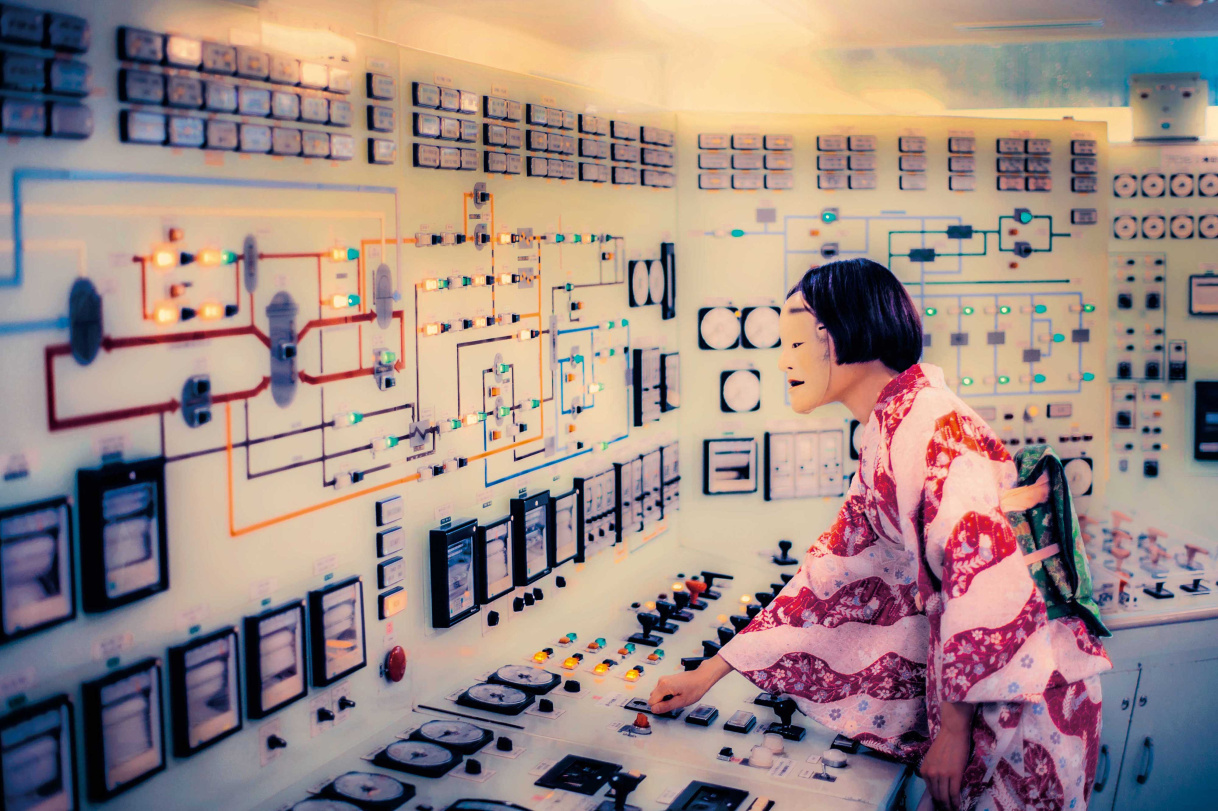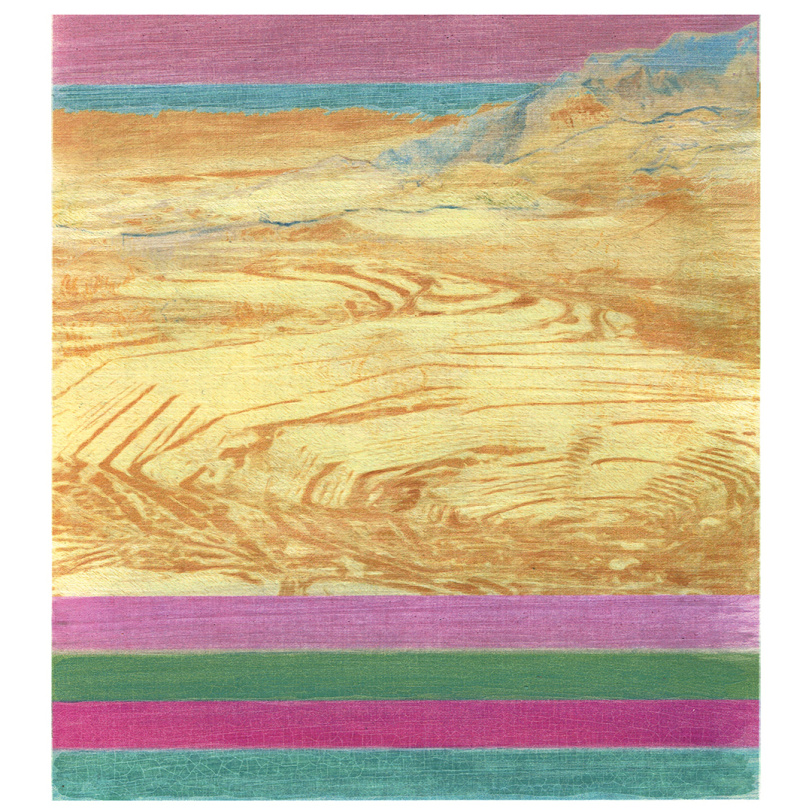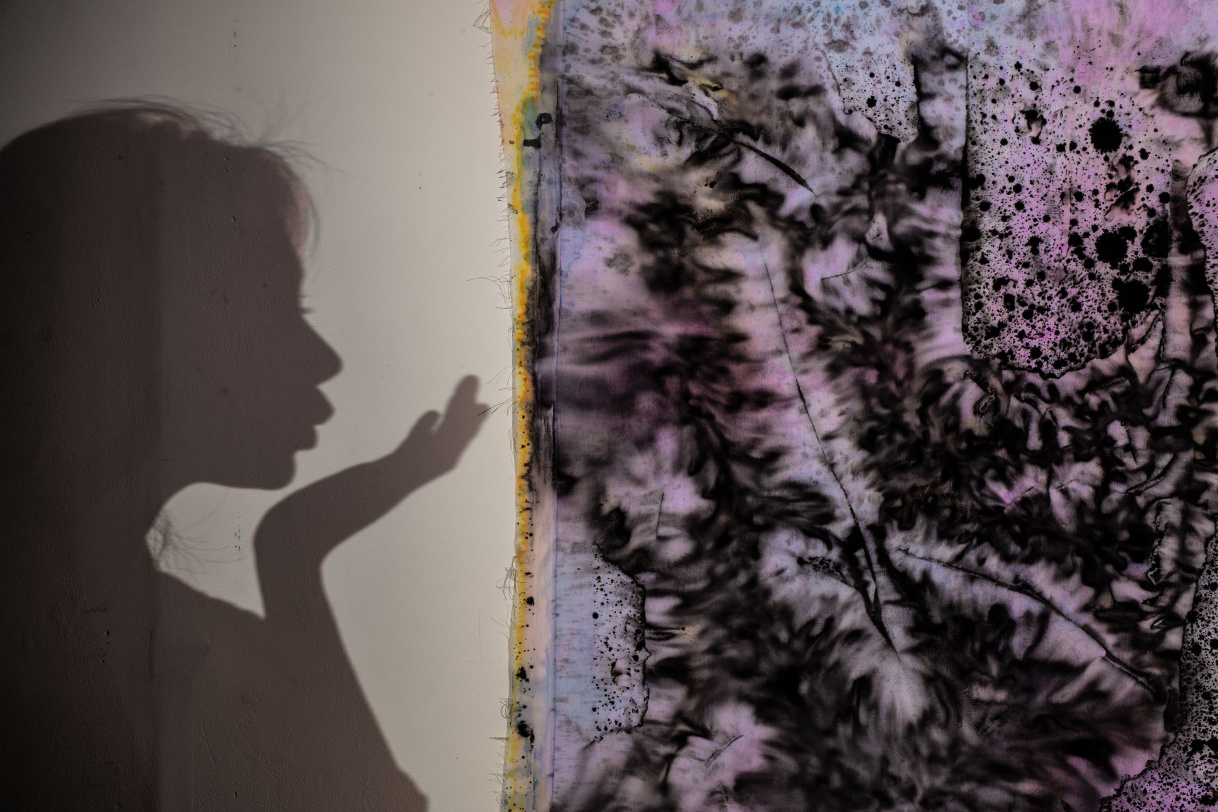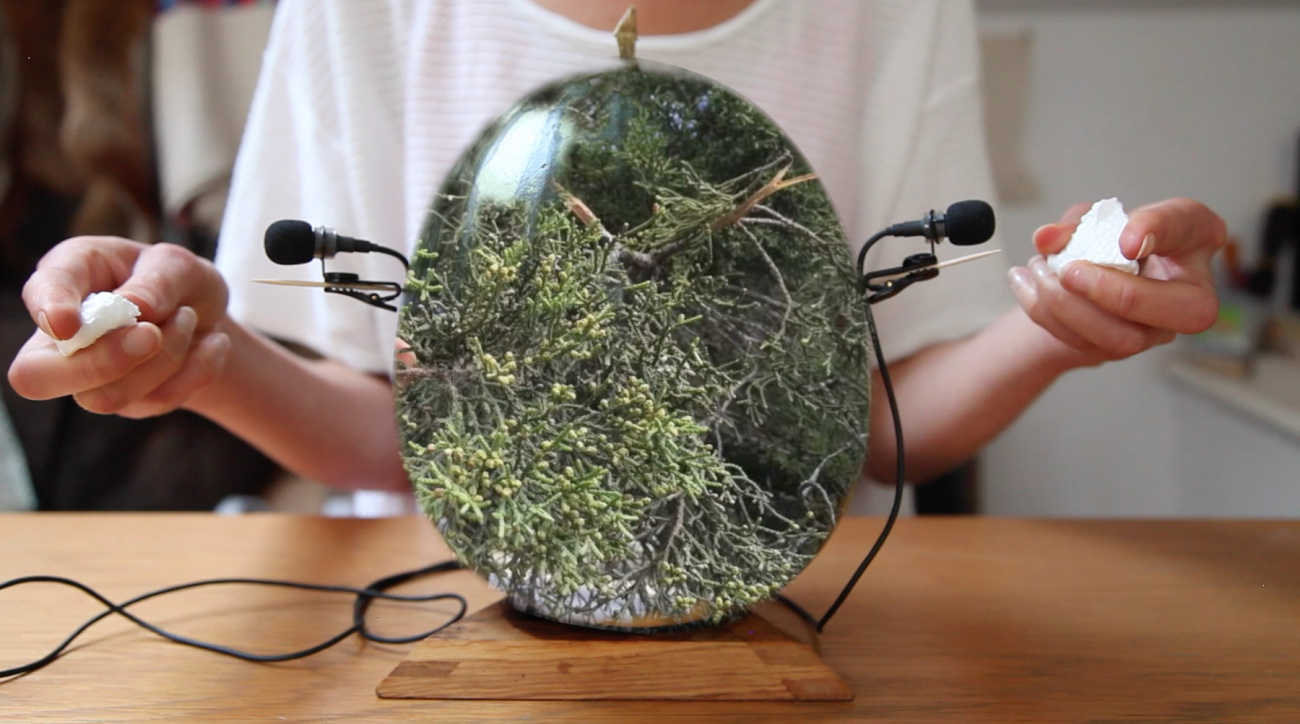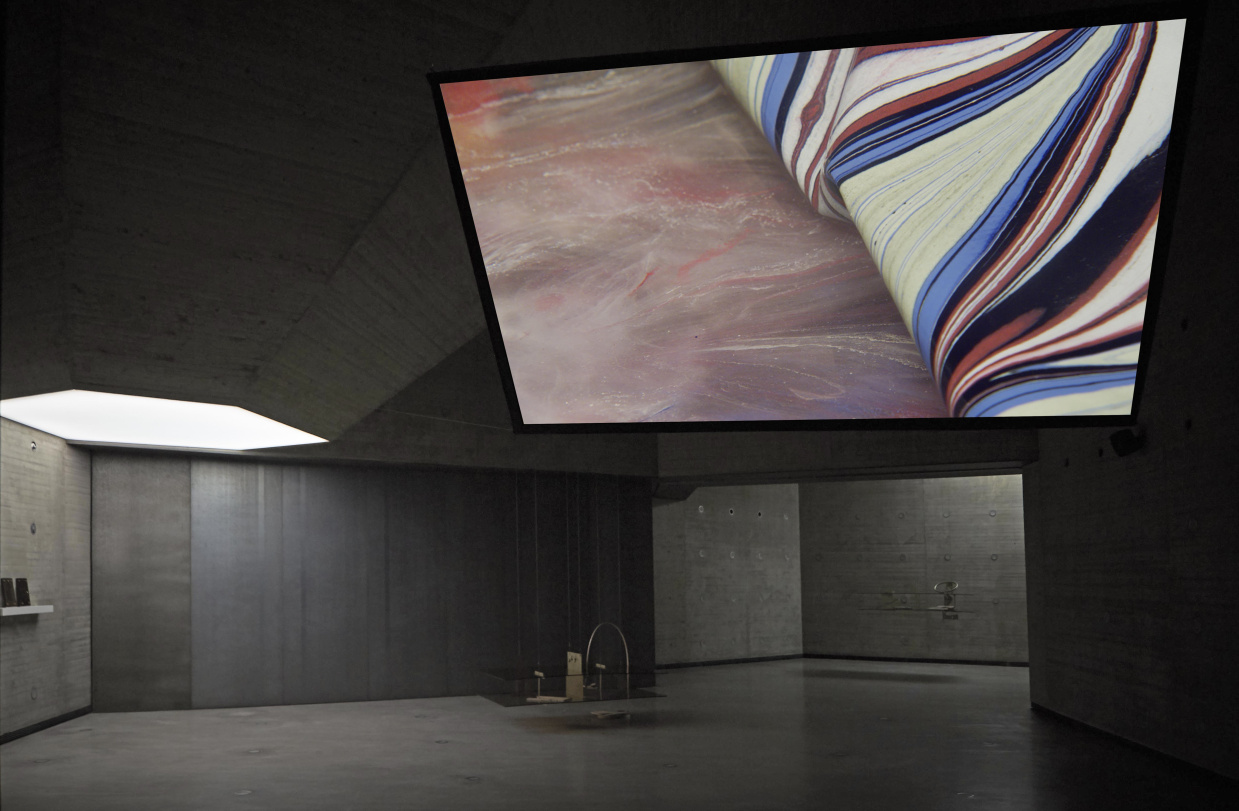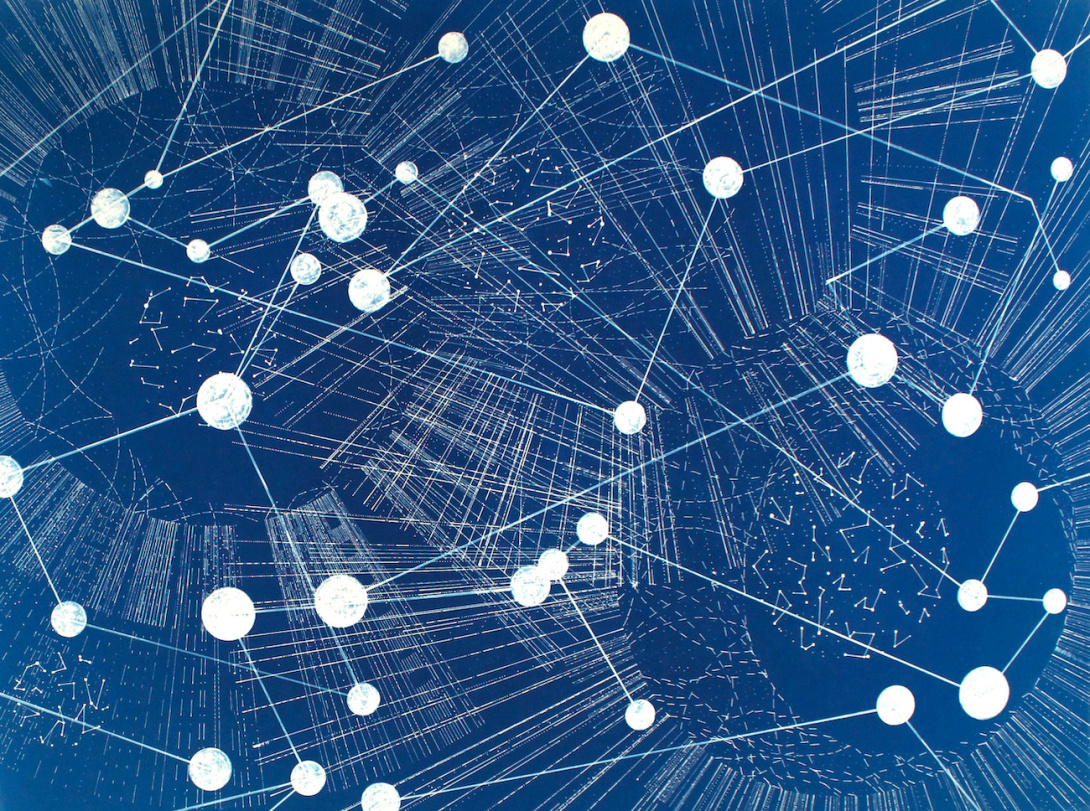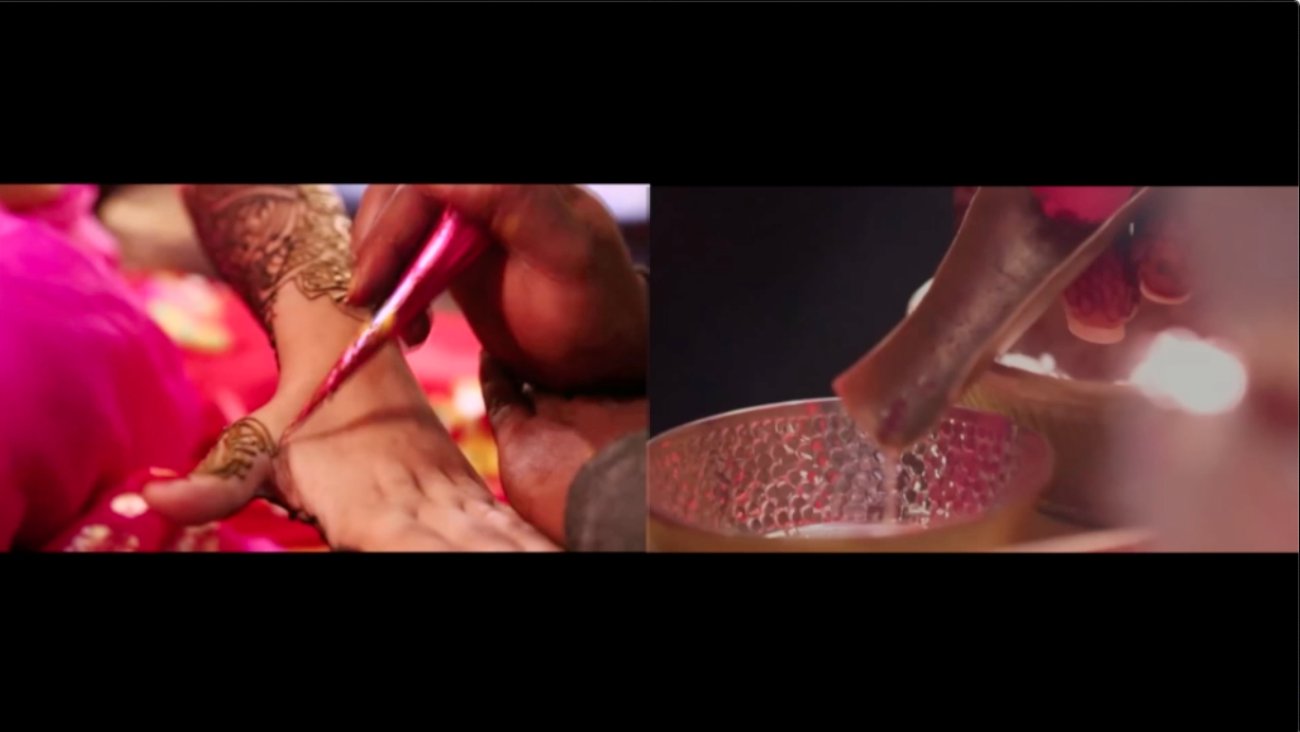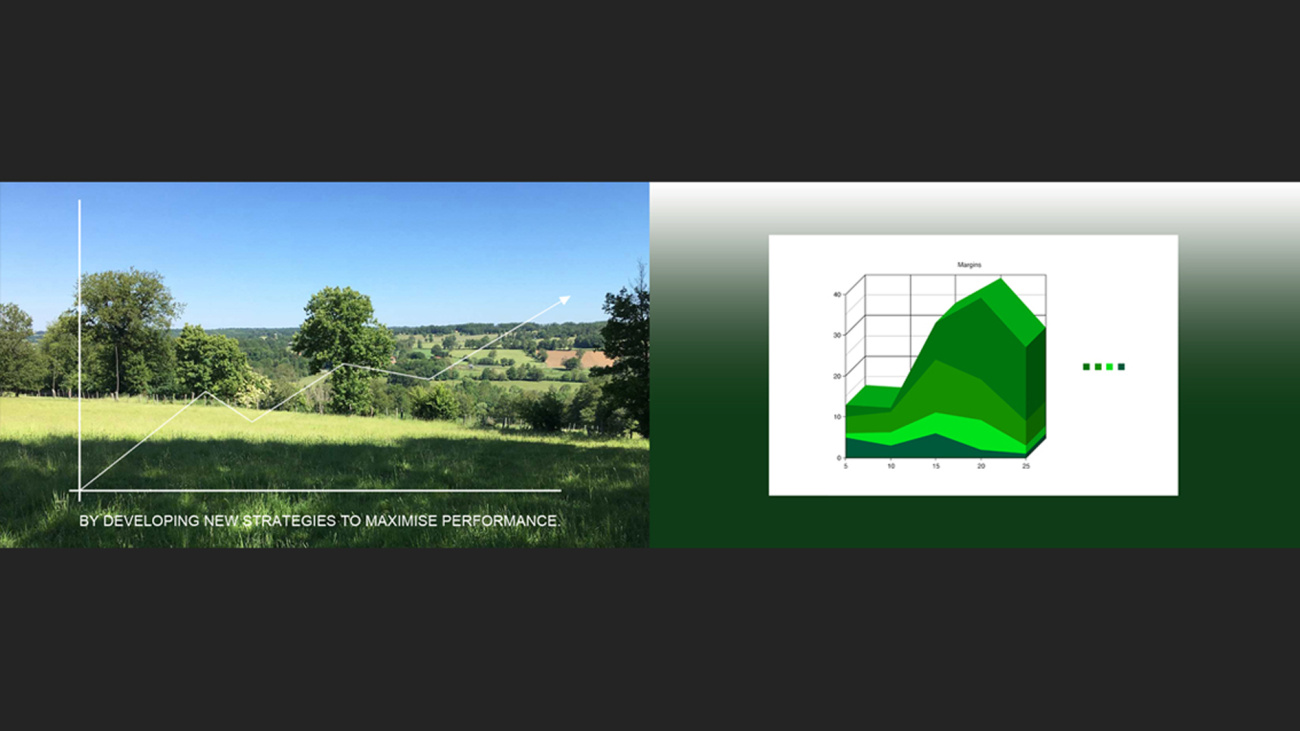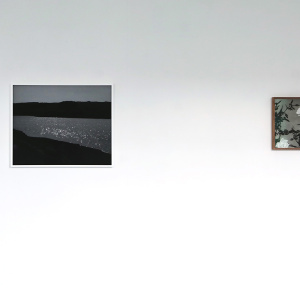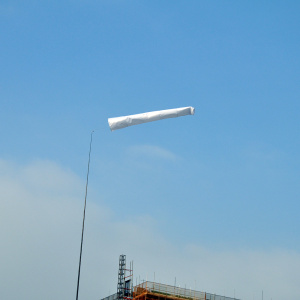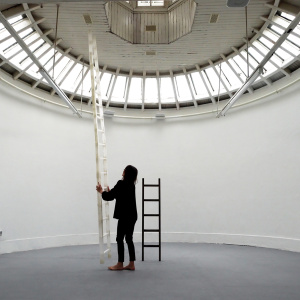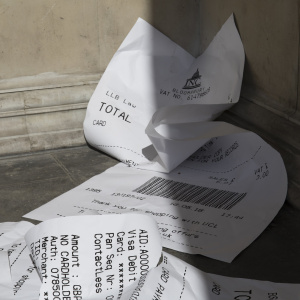MPhil/PhD Fine Art
The Slade School of Fine Art is an art school with an international outlook, part of UCL, London's global university. The Slade offers a thought-provoking and creative environment in which to develop research and we welcome researchers from a wide range of backgrounds, here in the UK and internationally. We value the development of research through a wide range of artistic practice and champion its communication through inventive modes of exhibition, documentation and writing. We see the Slade as home to the ‘Artist’s PhD’. Our focus is on subject areas within Fine Art including Sculpture, Painting, Fine Art Media as well as on developments in Art and Technology. We also support and highly encourage interdisciplinary research between the Slade and disciplines offered across UCL.
Key information
- Full-time or Part-time
- Programme starts: September 2025
- Application deadline - 14 October 2024
- Application portal open - 2 September - 14 October 2024
- APPLY NOW - for further information about filling in your application, see our Admissions page
AHRC-Open day split
The Slade is part of the AHRC funded London Arts and Humanities Partnership.
The LAHP annually awards up to 90 studentships for postgraduate research students studying arts and humanities disciplines at eight leading UK research organisations. Please check the LAHP website for details of the award and to check eligibility.
Please read the information below in conjunction with the main UCL prospectus information:
Slade Doctoral Research
Intrinsic to Slade doctoral research is a commitment to searching beyond established canons of knowledge-formation, to include voices and methods less recognised within traditional scholarship. Contemporary art-making is attuned to the possibilities this brings. As a practice-led discipline, art emphasises materiality alongside imaginative potential. It allows aural, visual, spatial, temporal and haptic modes of experience to carry and convey knowledge.
Slade doctoral researchers work in the studio, in archives, on site, and through community formations. They make films, writing, paintings, sound works, photography, sculptures, textiles, performance, installations, site-based and socially-engaged art. Our artist researchers are both situated and mobile, responding to and engaging with the complexities of the world around us, as well as imagining new and possible worlds.
In the pursuit of doctoral research at the Slade, the emphasis will always be on art. Across the possible pathways (see below), we will encourage and support the development of your research through a wide range of artistic practice, and we will champion its communication through inventive modes of exhibition, documentation and writing. We see the Slade as home to the ‘Artist’s PhD’.
The doctoral research community at the Slade is committed to anti-racism, which we understand as predicated on core values of equity, transparency, and reciprocity. Informed by this, the aim in all research exchanges is to create the conditions needed for everyone to respectfully speak their mind; to share work and ideas; to create and co-create meaning. We consider all voices and perspectives necessary for this act of making and continuously evolving a community of practice.
In the Slade, research is focused on subject areas within Fine Art including Sculpture, Painting and Fine Art Media as well as on developments in Art and Technology. We also support and highly encourage interdisciplinary research between the Slade and disciplines offered across UCL. We look for projects that address pressing questions and concerns for ‘now’, acknowledging that today, contemporary art and art research are situated in a period of radical transition. In a post-pandemic and ‘post-truth’ world, global shifts, both macro and micro, are resulting from conflict, migration, the climate emergency, calls for social justice, and technological developments. With its permeable disciplinary boundaries, capacity to readily register, adapt and respond to context, and ability to communicate through and across the sensorium, how can art and art research participate in the contextual thinking and making needed now for transformation and change? How can the radical potential of the artistic imagination usher in possible new futures?
Related to this, see: UCL Grand Challenges: Our themes
Aims
The aims of doctoral research at the Slade are to:
- advance the highest quality of artistic research that demonstrates ambition, breadth of vision and creativity;
- further such high-quality research through a wide range of artistic practice, and communicate this through inventive modes of exhibition, documentation and writing;
- make original contributions to knowledge through artistic practice, and further the understanding of artistic research itself;
- search beyond established canons of knowledge formation to champion and promote voices and methods less recognised within traditional scholarship;
- encourage a diversity of research outputs through, for example, exhibitions, performances, film and video, art-writing, print-making, new media, collaborations, publications, workshops, site-specific work, interventions;
- affirm the importance of Fine Art research while also exploring the possibilities of interdisciplinary research with other departments and faculties at UCL;
- engage with the radical and transformative potential of the imagination to effect change, working across disciplines, as needed, to do so;
- develop ways of making, thinking, doing and being that contribute to the research culture of the Slade, the UCL community, and wider fields of art and academia;
- encourage the sharing of research with national and international research institutions and wider publics.
Current research
Outlines of current and archived Slade MPhil and PhD research are in the MPhil/PhD pages of our Research section.
MPhil/PhD Slideshow
-
Screen Memories, Shino Yanai, 2013
-
Cobalt Fields , Robert Mead, 2021, pigment, ink and pastel on paper, 21 x 18.5 cm
©the artist
-
Sending Out Ripples on the Surface, Yein Son
-
Other Daughter, Jasmir Creed, 2021, oil on canvas 130 x 120 cm
-
SHERDS: Five Verses on Six Sacks of Earth, Nastassja Simensky, 2020, performance new musical score
Reece Straw
-
Brave new world, Jiarui Li
-
Breeze of Peace, Shao-Jie Lin, 2018, windsock sewn from white flags and medical bandages
Shao-Jie Lin
-
Fire Golden Flowers: News from Nowhere, Funa Ye, 2013, multimedia installation, installation View
-
Cooper Concert of A Lure, Spriggs and Cooper, 2017
-
The Dream Adventure, installation view, C3A, Córdoba, Leonor Serrano Rivas, 2019
Javier Artero
-
Configuration 01, Mary Yacoob, 2022, cyanotype, 52 x 70 cm
-
The Well, Bindu Mehra, film still
©the artist
-
Margins, Hugh Nicholson, 2020-22, still from two-channel video installation. Dimensions variable
©the artist
-
-
Collage from range of works published at Arts Cabinet
Credit: all the artists, contributors and Arts Cabinet
MPhil/PhD in Fine Art
MPhil/PhD Degree Pathways
The Slade offers the following three pathways for undertaking MPhil/PhD research:
- Practice-led Thesis: a thesis of art practice that makes an original contribution to knowledge accompanied by a written component of normally 15,000-30,000 words (with a maximum of 40,000) or 10,000-15,000 words (a maximum of 20,000) for the MPhil.
- Practice-related Thesis: a written thesis of 60,000-80,000 words with art practice that together make an original contribution to knowledge (or 35,000-45,000 words for the MPhil).
- Written Thesis: a written thesis of 80,000-100,000 words that makes an original contribution to knowledge (or 50,000-60,000 words for the MPhil).
Registration and Length of Study
The length of the PhD is normally 3 years full-time or 5 years part-time.
Researchers register initially for an MPhil and are required to upgrade to a PhD between 9 and 18 months (full-time) or between 15 and 30 months (part-time). You must be registered for a minimum period of 3 years (full-time) or five years (part-time) before you are eligible to apply for Completing Research Status (CRS). The CRS period is a further 1 year (full-time) or 2 years (part-time) registration without fees, during which time you must submit the thesis and hold the final viva examination.
What to expect
Supervision
Doctoral research is independent and driven primarily through the work you do with your supervisors. Throughout the development of your project, you will meet regularly with your supervisors, either in group supervisions or with individual members of your supervisory team. You will be expected to complete and submit work ahead of time for consideration during each supervisory session, and to complete and submit a Supervision Report after each supervisory session. Progress throughout your research journey will be recorded on your UCL Research Log and discussed in yearly Annual Review Panels organised as part of the Slade Doctoral Programme.
Slade Doctoral Programme
As members of the Slade doctoral research community, you will participate in the Slade Doctoral Programme. This means attending and participating in the Slade Art Research Forums and, for those in Year 1 (FT) and Years 1-2 (PT), taking part in the Skills Workshops for Practice Research.
Term 1
4 x Art Research Forums (3 hours each)
2 x Skills Workshops for Practice Research (3 hours each)
Term 2
4 x Art Research Forums (3 hours each)
2 x Skills Workshops for Practice Research (3 hours each)
Term 3
2 x Art Research Forums (3 hours each)
Annual Review Panels (1 hour each)
You will be expected to present and exhibit your research in the Slade Art Research Forum three times in total throughout your active registration as a doctoral researcher. This means you will present and exhibit your research 3 x times across three years for full-time and 3 x times across five years for part-time research. One of these presentations will be your formal Upgrade presentation and exhibition, which normally takes place in Year 2 (FT) or Year 3 (PT) of your research.
As well as the Art Research Forum, Skills Workshops for Practice Research (Year 1 FT; Years 1-2 PT) and the Annual Review Panels, you will be encouraged to attend and initiate research activities in the Slade; attend the weekly all-School Contemporary Art Lectures and Staff Talks, and to engage in Slade cross-School events; seek out research events across UCL and LAHP that are relevant to your specific research; be active participants in exhibitions, performances, events, conferences, and publishing both within and beyond UCL.
Skills Training
The Slade will offer some subject-specific training for practice research; however, the majority of your research training will come through UCL’s Doctoral School.
The UCL Doctoral School Skills Development Programme offers a range of courses that address the following: research skills and techniques, management of the student’s research, personal effectiveness, communication skills, networking and team working and career management. This is the first port of call for any training needs and all training needed to complete your MPhil/PhD research can be found in this suite of training courses: UCL Doctoral School Skills Development Programme.
Space and facilities
Slade Art Research Centre
There is dedicated space for doctoral researchers in the Slade Art Research Centre, which is in the Slade’s Woburn Square Studios – around a 7 minute walk from the main Slade building.
The Slade Art Research Centre space itself is currently divided into:
- Exhibition Space
- Discussion Space / Hot Desk Area
- Meeting Room / Communal Space
- Art Research Studio
This is an open-plan, shared space for making, exhibiting, and discussing art research. The Exhibition Space is used for the Art Research Forums where everyone is expected to exhibit their art as research/research as art. The Discussion Space can be used for the Art Research Forums or for any research-related discussions and activities. When not in use as a Discussion Space, this space functions as a Hot Desk Area. The Meeting Room can be booked out for supervisions or for meetings with colleagues and peers. When not used for this purpose, this room functions as a Communal Space. All the furniture can be moved and stored so that the entire space can be transformed into a public space for hosting symposia, conferences, workshops, etc.
All Slade doctoral researchers can make use of the spaces in the Slade Art Research Centre; however, only those enrolled full-time on the practice-led pathway have allocated space within the shared Art Research Studio. As this is not individualised studio space, the size of this allocated space is variable each year depending on how many people are enrolled as full-time, practice-led researchers and actively using the space.
Postgraduate Research Space in Slade Main Building
There is also dedicated office space for postgraduate researchers in the Slade Main Building that can be used by Slades’ Postgraduate Teaching Assistants as well as by researchers needing a quiet space to write or to have meetings with supervisors, colleagues and peers.
Slade Workshops and Facilities
As well as this the Slade Art Research Centre in Woburn Square Studios and the dedicated research space in the Slade Main Building, all Slade researchers (full-time and part-time; on any pathway) can access any of the Slade’s workshops and facilities in the Slade Main Building and book out equipment for research purposes.
Research environment
Slade Research Environment
The Slade School of Fine Art’s practice-led research culture facilitates an ongoing commitment to individual excellence in art research while also supporting research with other artists, curators and researchers, which increasingly addresses pressing societal and cultural challenges.
- Our research aligns to five main areas of expertise:
Materials and Materiality comprises research into materials, in particular pigments and paints supported by the Materials Research Network. - Histories and Cultures draws together researchers exploring the impact of historical perspectives on contemporary art practice and research.
- Media and Performance research explores analogue and digital Fine Art Media technologies, including moving image, sound, internet and installation researchers.
- Environments and Publics is concerned with research into place and publics, urbanism, sustainability, well-being and ‘the commons’.
- Dark Studies includes the Dark Universe Studies Centre (DUSC) where fugitive thinking and alternative forms of sociality draw on the black radical tradition and experimental practice. Research in this area evokes the dislocated subject of language and representation, channelled through performance, political writings, fictional provocations and processes of documentation.
See Research at Slade.
The Slade MPhil/PhD places great emphasis on interdisciplinary and cross-disciplinary connections, and Slade researchers network regularly with doctoral researchers across UCL and the London Arts & Humanities Partnership (LAHP). You will also be encouraged to join research centres and networks relevant to your specific topic within and external to UCL, and to organise research events using funding through UCL Institute for Advanced Studies (IAS) and the Global Challenge Scheme.
Wider Research Environment
Doctoral researchers benefit from the Slade's situatedness in UCL as well as its central London location and proximity to other external research institutions, galleries and museums. All Slade doctoral researchers are encouraged to attend research activities in the Slade, UCL and externally, including.
Contemporary Art Lectures: Artists, art historians, critics, curators and writers visit the Slade to speak in the Contemporary Art Lectures, which are usually on a Wednesday evening. A comprehensive list of lectures available online can be found on the Contemporary Art Lectures page.
Institute of Advanced Studies (IAS): The Institute of Advanced Studies (IAS) harnesses UCL’s extensive expertise across the humanities and social sciences to investigate received wisdom and to address the most urgent ethical and intellectual challenges of today. It is a research-based community, comprising colleagues and doctoral students from across UCL, as well as visiting fellows and research collaborators from the UK and around the world. Based in the Wilkins Building, the IAS runs a vast and varied range of conferences, talks and seminars throughout the year. Visit the Institute’s website to discover more about upcoming events.
UCL Art History Lectures: The Art History Department scheduled events across the academic year. See: UCL Art History Lectures - Full Programme of Events.
Sarah Parker Remond Centre: For the study of racism and racialisation organises a regular PhD reading group.
Other UCL Faculties: You can find additional details about events going on across the faculties of Arts and Humanities and Social and Historical Sciences by referring to the events feed on each of the faculties’ websites:
Faculty of Arts and Humanities
Faculty of Social and Historical Sciences
London Arts and Humanities Partnership (LAHP): LAHP was created in 2014 as an Arts & Humanities Research Council-funded Doctoral Training Partnership between King’s College London, School of Advanced Study (University of London), and University College London. Queen Mary University of London and the London School of Economics & Political Science joined the partnership as associate members in 2015 and 2016 respectively. LAHP runs a number of training events and research events that are both student-led and staff led. Please see details on the LAHP website under 'Training and Cohort Development'.
Teaching opportunities
The Slade offers doctoral researchers the opportunity to work as postgraduate teaching assistants (PGTA) on the BA Fine Art, BFA Fine Art and the interdisciplinary BASc programme in UCL Arts & Sciences. These Teaching Assistantships are supported by training and mentoring at the Slade and UCL Arena. They are available to apply to on a competitive basis.
Staff and supervisors
Slade Professional Services Staff
Slade Teaching and Learning Office
slade.tlo@ucl.ac.uk
Please write to this email address with any initial queries, including those relating to Admissions. If required, a member of the Slade Teaching and Learning Office will forward your email on to relevant parties.
Slade Doctoral Programme Staff
Head of the Slade Doctoral Programme / Departmental Graduate Tutor (Research):
Prof. Kristen Kreider.
Slade Research Tutor / Deputy Departmental Graduate Tutor (Research) / PGR Admissions Tutor:
Professor Dryden Goodwin.
Slade Supervisors
Primary supervisors are members of Slade staff, all of whom are practising artists or scholars in the history and theory of art, with national and international profiles.
You are not expected to approach potential supervisors in advance of making the application to undertake research. However, Slade tutors’ profiles and research interests are listed on our people pages.
It is strongly advised that applicants read our staff members’ profiles before your application is submitted. If there is a member of staff with whom you would particularly like to work, you may name them on the application form. Supervision by a specific tutor cannot be guaranteed at the application stage.
Secondary Supervisors across UCL
Secondary supervision is also available from renowned scholars and specialists across UCL and partner LAHP institutions.
Previous, current and potential second supervisors across UCL include:
Dr Chiara Ambrosio (Philosophy of Science)
Prof. Nishat Awan (UCL Urban Laboratory)
Dr Rebecca Birch (Arts and Sciences)
Prof. Daniel Brett (Engineering)
Prof. Robyn Carston (Linguistics)
Prof. Penelope Haralambidou (Bartlett)
Prof. Rodney Harrison (Archaeology),
Prof. Mark Midownik, (Institute of Making, Engineering)
Dr James O’Leary (Bartlett School of Architecture)
Prof. Sophie Page (History)
Dr Aaron Parkhurst (Anthroplogy)
Dr Jeff Scheible (Kings College London)
Dr Marquard Smith (Institute of Education)
Applications
For further information on admissions and how to apply, see our MPhil/PhD Admissions page.
Fees and funding
For further information, see our fees and funding section for information about tuition fees, funding, scholarships and bursaries.
Visiting research student applications
You can apply to spend a period of 3 to 12 months at UCL undertaking research which is complementary to the Doctorate/PhD project at your home university.
Please see the UCL Visiting Research Students page for further details.
To apply
- Complete the form on the UCL Visiting Research Students page.
- After you have submitted the formal UCL application in Portico and a UCL Application Number had been generated, please complete and submit the Visiting Research Student Supplementary Information Form (Word doc) to slade.tlo@ucl.ac.uk.
If you have any further questions, please contact slade.tlo@ucl.ac.uk.
Visiting Research Affiliates
We are able to host a small number of excellent visiting researchers, international scholars and artists whose research interests align closely with our research themes and priorities, as outlined the Research at the Slade webpage. Please see our Research Affiliates page for further information.
MPhil/PhD related
-
-
MPhil/PhD Admissions
The Slade School of Fine Art has one application round per year for the MPhil/PhD.
-
MPhil/PhD FAQs
Find answers to frequently asked questions about our MPhil and PhD in Fine Art.
-
Fees and funding
Find out about fees funding, scholarships, prizes and bursaries.
-
